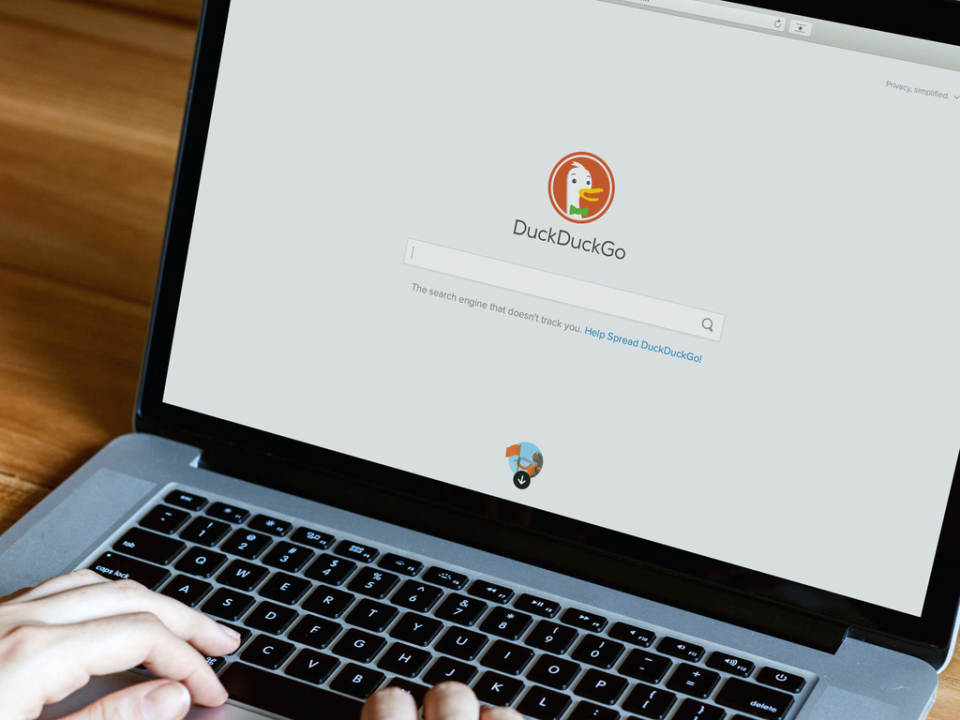DuckDuckGo announces launch of privacy-focused browser to take on Google Chrome

DuckDuckGo is working on a dedicated desktop browser for users who do not want to be tracked while browsing the web.
The desktop software will have, by default, “robust privacy protection” across its search engine, email, “and more”, according to a blog post.
The browser will have the same “Fire” button to instantly erase browsing history and any stored data with just one click.
“Compared to Chrome, the DuckDuckGo app for desktop is cleaner, way more private, and early tests have found it significantly faster too,” chief executive Gabriel Weinberg said.
The DuckDuckGo browser, unlike other popular browsers, will not be a fork of Chromium – the architecture that underlies not just Google Chrome but also other browsers such as Microsoft Edge.
“We’re building our desktop app around the OS-provided rendering engines (like on mobile), allowing us to strip away a lot of the unnecessary cruft and clutter that’s accumulated over the years in major browsers,” Mr Weinberg said.
The browser is currently being tested on the Mac operating system, but Mr Weinberg said that the company is “working on” a Windows version. At time of writing, there is no indication when the full browser might be available.
We're working on it!
— Gabriel Weinberg (@yegg) December 21, 2021
As well as the browser announcement, DuckDuckGo extended its tracking blocker to include embedded Facebook content.
“Sometimes trackers aren’t exactly hidden,” Mr Weinberg wrote. “They can also be associated with embedded content on pages, like posts, comments, and other content from Facebook.
“This year our browser extension got a new feature that identifies this content from Facebook, blocks it on websites before it loads, and gives users the choice to load the content if they want to.”
Its search results will also be updated to give the browser “a more simple and modern design” as well as instant translations, better weather information, custom date filtering, and image filtering.

 Yahoo Finance
Yahoo Finance 